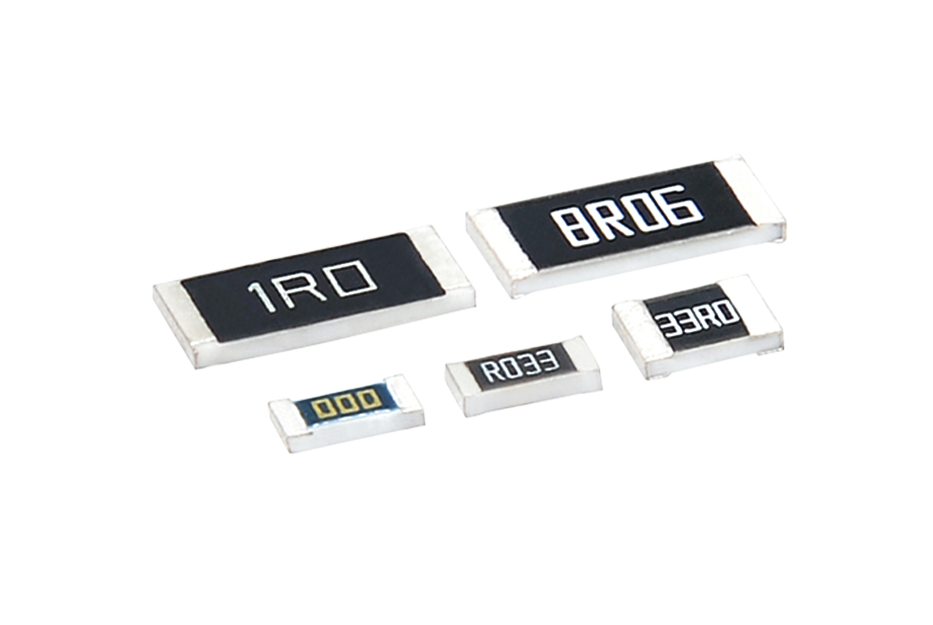hnstshop.com/product-list/R02-p1-l10.html" target="_blank" rel="noopener">Precision resistors are electronic components used for precise control of current and voltage. In addition to high precision, precision resistors also have many other advantages, including material characteristics, parameter characteristics, application scenarios, and selection factors.
Firstly, material properties are one of the important considerations for precision resistors. Common materials include metal films, metal foils, organic materials, etc. Metal thin film resistors have advantages such as good stability, low temperature coefficient, and low noise, making them suitable for high-precision measurement and instrument equipment. Metal foil resistors have characteristics such as high temperature resistance, vibration resistance, and long lifespan, making them suitable for industrial control and automotive electronics. Organic resistance has the characteristics of small size, light weight and low cost, which is suitable for portable devices and Consumer electronics.
Secondly, parameter characteristics are one of the important considerations for precision resistors. Common parameters include resistance value, temperature coefficient, stability, linearity, etc. The resistance value refers to the resistance value of a resistor, usually measured in ohms (Ω). The temperature coefficient refers to the proportional relationship between the resistance value and temperature change. Common temperature coefficients include ppm/℃ (parts per million/Celsius) and% ℃ (percentage/Celsius). Stability refers to the degree of stability of the resistance value under long-term use or environmental changes, usually measured in ppm (parts per million). Linearity refers to the linear relationship between resistance value and current or voltage, usually expressed in% (percentage).
Once again, precision resistors are widely used in various application scenarios. In precision measurement and instrument equipment, precision resistors are used for calibrating and compensating circuits to improve measurement accuracy. In industrial automation and control systems, precision resistors are used for feedback and regulating circuits to achieve precise control and stability. In the fields of automotive electronics and aerospace, precision resistors are used to control and monitor current, voltage, and temperature to ensure system safety and reliability. In the fields of communication and radio, precision resistors are used for filtering and matching circuits to improve signal quality and suppress interference.
Finally, the selection factor is one of the important considerations for selecting precision resistors suitable for application. The selection elements include resistance value, temperature coefficient, stability, linearity, power bearing capacity, size, and cost. Select appropriate resistance values and temperature coefficients based on specific application requirements to meet accuracy requirements. Considering long-term use and environmental changes, choose a resistor with good stability and linearity. Select the appropriate power tolerance based on power requirements. Select the appropriate size based on installation space and layout requirements. Finally, select economical and practical resistors based on cost and performance requirements.
Precision resistor selection list: click on the image to enter
In summary, in addition to high precision, precision resistors also have many other advantages, including material characteristics, parameter characteristics, application scenarios, and selection factors. Understanding these characteristics and elements can help engineers choose precise resistors that are suitable for their applications, in order to achieve more accurate and reliable current and voltage control.


